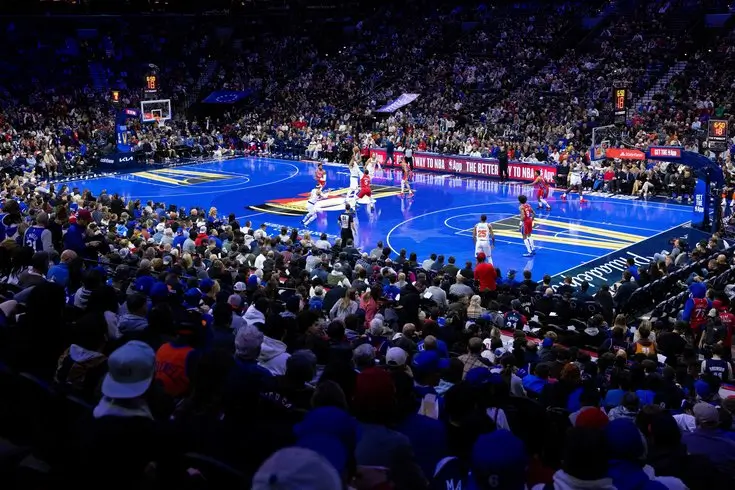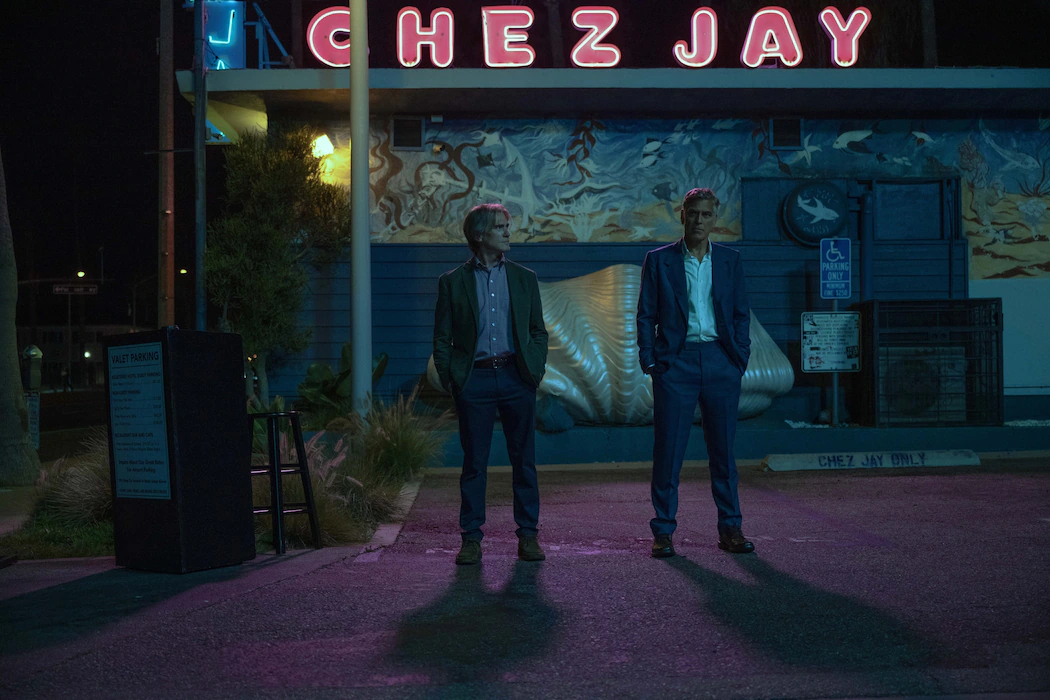For decades, the Harry Potter series has captivated audiences worldwide, becoming a cornerstone of modern fantasy literature and film. Warner Bros. Discovery has announced a major adaptation of the beloved franchise: a 10-year-long TV series slated to begin airing in 2026. This ambitious project is set to reintroduce the wizarding world in a serialized format on Max (formerly HBO Max), with each season focusing on one of J.K. Rowling’s seven books.
This development has stirred up a mix of excitement and curiosity among fans, as it promises to explore the magical universe in greater depth and detail than ever before.
The Magic of a Decade-Long Series
The original Harry Potter film series, released between 2001 and 2011, remains a cultural phenomenon, grossing over $7.7 billion at the global box office. Despite its massive success, one common critique from book fans was the omission or simplification of key storylines, characters, and details. A TV series, with its extended runtime, provides an opportunity to delve into these nuances.
Warner Bros.’ decision to dedicate a full decade to the series underscores the scale of the project. Each season will adapt one book, allowing for meticulous storytelling and character development. This format could answer lingering questions, bring back overlooked plotlines, and offer a fresh perspective on the magical world.
Some areas where a TV adaptation might shine include:
Expanded Worldbuilding: Rowling’s wizarding world is rich with history, traditions, and magical creatures. A TV series can dedicate time to exploring elements like Hogwarts classes, magical laws, and the wider wizarding community.
Character Depth: Characters such as Ginny Weasley, Percy Weasley, and the Marauders could receive more screen time, enhancing their roles beyond what the films achieved.
Faithfulness to the Books: With Rowling involved as an executive producer, the series has the potential to closely adhere to the source material while avoiding significant cuts.
Why Now? The Revival of the Harry Potter Franchise
The announcement of the Harry Potter TV series comes at a pivotal time for the franchise. While the original movies are cherished by fans, Warner Bros. has been looking to reinvigorate the wizarding world. The Fantastic Beasts film series, intended as a five-film expansion of the Harry Potter universe, faced mixed critical and commercial success. Meanwhile, the Harry Potter-themed play, Harry Potter and the Cursed Child, has enjoyed success on stage but received a more divided response among fans.
The rise of streaming platforms like Netflix, Disney+, and Max has ushered in a golden age of serialized storytelling. With franchises such as The Lord of the Rings (The Rings of Power) and Game of Thrones (House of the Dragon) finding success on television, it’s clear that audiences are eager for long-form, immersive fantasy narratives.
For Warner Bros., the decision to revisit Harry Potter represents both a creative opportunity and a strategic move to capitalize on one of its most valuable intellectual properties. By launching the series on Max, the studio can position itself as a key player in the highly competitive streaming market.
Key Details About the Series
Platform: The series will be released on Max, Warner Bros.’ rebranded streaming service. This ensures that the show will benefit from the platform’s high production values and global reach.
Release Date: The first season is scheduled to debut in 2026. Given the scale of the project, the timeline allows for meticulous pre-production and casting.
Involvement of J.K. Rowling: Rowling will serve as an executive producer, ensuring creative oversight. While this has generated both excitement and controversy due to her polarizing public image, her involvement assures fans of a faithful adaptation.
Casting: One of the most anticipated aspects of the series is the new cast. Unlike the original films, which featured actors like Daniel Radcliffe, Emma Watson, and Rupert Grint, the TV series will introduce a fresh ensemble. Casting younger, lesser-known actors may allow the characters to grow alongside the series.
Tone and Style: While the films transitioned from whimsical to darker tones over time, the TV series is expected to maintain a consistent narrative style. Modern television’s ability to handle mature themes suggests that the series could explore the complexities of the wizarding world with greater depth.
Potential Challenges
While the Harry Potter TV series has generated excitement, it also faces significant challenges:
Living Up to the Original Films: The original movies hold a special place in fans’ hearts. The casting, music, and visuals are iconic, making it difficult for the series to step out of their shadow. The TV adaptation will need to strike a balance between honoring the originals and creating something distinctly new.
Fan Expectations: Harry Potter fans are known for their passion and attention to detail. Any deviation from the source material or changes to beloved elements may be met with criticism. Ensuring authenticity will be key.
J.K. Rowling’s Involvement: Rowling’s involvement brings both advantages and controversies. While her creative input ensures faithfulness to the books, her public statements on social issues have divided fans, which could impact the series’ reception.
Pacing and Length: With each season dedicated to one book, the show must carefully manage its pacing. While the extended runtime allows for more detail, overly stretching the narrative could result in filler content or slower storytelling.
What Fans Can Look Forward To
Despite these challenges, the Harry Potter TV series has immense potential to deliver a magical experience. Here are some elements fans are particularly excited about:
Revisiting Iconic Moments
Fans will once again witness the magic of moments like Harry’s first trip to Diagon Alley, the Sorting Hat ceremony, and the Triwizard Tournament. With modern special effects and a longer format, these scenes could be even more spectacular than before.
Exploring Subplots
The original books feature numerous subplots that were cut or condensed in the films. For example:
•The complex backstory of the Marauders (James Potter, Sirius Black, Remus Lupin, and Peter Pettigrew).
•Hermione’s activism for house-elf rights through S.P.E.W. (the Society for the Promotion of Elfish Welfare).
•The political intrigue surrounding Cornelius Fudge, Rita Skeeter, and the Ministry of Magic.
Richer Character Arcs
Characters like Ginny Weasley, who had a more prominent role in the books, can finally receive the development they deserve. Similarly, secondary characters such as Neville Longbottom, Luna Lovegood, and Draco Malfoy could be explored in greater depth.
A Modern Visual Approach
Advancements in CGI and production technology mean that magical elements, such as Quidditch matches, Patronus spells, and magical creatures, can be brought to life with even greater realism.
Broader Impression on the Harry Potter Universe
The success of the TV series could pave the way for further expansion of the Harry Potter universe. Possible avenues include:
•Spin-offs: Stories focusing on other characters or time periods, such as the Founders of Hogwarts or the First Wizarding War.
•Interactive Experiences: Integration with augmented reality (AR) or virtual reality (VR) technologies could enhance fan engagement.
•Merchandising and Theme Parks: Renewed interest in Harry Potter could drive the creation of new merchandise, theme park attractions, and fan events.
The Power of Nostalgia and New Generations
The Harry Potter TV series is not just for long-time fans—it also aims to introduce the wizarding world to a new generation. Young viewers who may not have read the books or seen the films will have the chance to experience the magic for the first time. At the same time, older fans can revisit the stories they grew up with in a fresh, expanded format.
This dual appeal positions the series as a cultural event with the potential to unite fans across generations.
The upcoming Harry Potter TV series represents a bold new chapter in the franchise’s history. With its 10-year commitment, Warner Bros. Discovery is betting big on the enduring appeal of the wizarding world. By embracing the depth of serialized storytelling, the series has the opportunity to enrich J.K. Rowling’s timeless tale while offering fans new ways to connect with their favorite characters and stories.
As the magic begins again in 2026, one thing is certain: Harry Potter’s legacy is far from over. Whether you’re a lifelong fan or a newcomer to the series, there’s never been a better time to step back into the world of wands, spells, and endless possibilities.
No comments yet.








